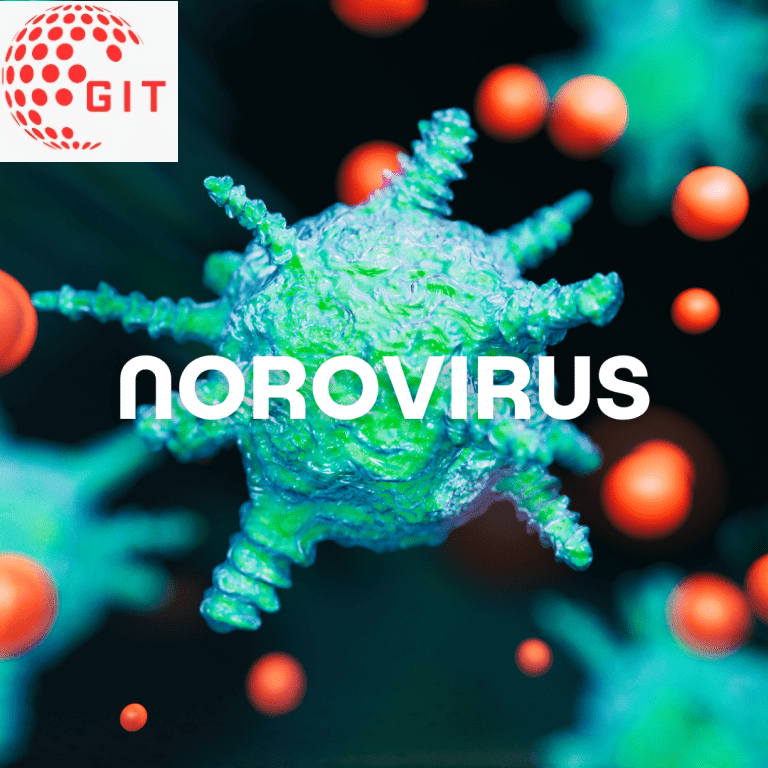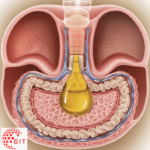Introduction
Norovirus 2024 is an important topic for everyone. It affects many people each year, causing outbreaks of gastroenteritis. This article will explain what norovirus is, how it spreads, its symptoms, and how to prevent it. We will also explore the current situation of norovirus in 2024, offering tips for staying healthy during this time.
What is Norovirus?
Norovirus is a highly contagious virus that causes inflammation of the stomach and intestines. It leads to gastroenteritis, which is often called “stomach flu,” although it is not related to influenza. Norovirus is known for its quick spread, especially in crowded places like schools, cruise ships, and nursing homes.
How Does Norovirus Spread?
Norovirus spreads in several ways:
- Direct Contact: Touching someone who has norovirus can transmit the virus. This often happens through handshakes or caring for someone who is ill.
- Contaminated Food and Water: Eating food or drinking water that has been contaminated with the virus can lead to infection. This often occurs in restaurants or at events where food is prepared in large quantities.
- Surfaces: The virus can survive on surfaces for days. Touching contaminated surfaces and then touching your mouth or face can cause infection.
Symptoms of Norovirus
People infected with norovirus typically experience symptoms within 12 to 48 hours after exposure. Common symptoms include:
- Nausea: Feeling sick to your stomach.
- Vomiting: This can be severe and often happens suddenly.
- Diarrhea: Watery stools are common, and this can lead to dehydration.
- Stomach Cramps: Many people experience painful cramps.
- Low-Grade Fever: Some may have a mild fever.
Most people recover within one to three days. However, norovirus can be dangerous for young children, elderly adults, and those with weakened immune systems.
Norovirus Outbreaks in 2024
In 2024, health officials are monitoring norovirus outbreaks closely. This virus tends to peak in the winter months. With many people gathering indoors, the risk of infection increases.
Recent Trends
Recent data indicates a rise in norovirus cases compared to previous years. Outbreaks have been reported in various locations, including schools, nursing homes, and cruise ships. Health departments are working hard to manage these outbreaks.
Impact on Communities
Communities affected by norovirus outbreaks often see increased health care visits. Hospitals may experience a rise in patients with dehydration due to vomiting and diarrhea. Public health officials are advising communities on how to manage and prevent outbreaks.
Preventing Norovirus in 2024
Preventing norovirus is crucial for public health. Here are effective methods to stay safe:
Hand Hygiene
One of the best ways to prevent norovirus is through proper handwashing:
- Wash Hands Regularly: Use soap and warm water. Scrub for at least 20 seconds, especially after using the restroom or before eating.
- Use Hand Sanitizer: When soap and water are not available, use a hand sanitizer that contains at least 60% alcohol.
Food Safety
Practicing safe food handling can help reduce the risk of norovirus:
- Cook Food Thoroughly: Heat seafood and other foods to the recommended temperatures to kill the virus.
- Avoid Raw Shellfish: Raw or undercooked shellfish can carry norovirus.
- Wash Fruits and Vegetables: Rinse them well before consumption.
Cleaning and Disinfecting
Keep your environment clean to reduce the risk of spreading norovirus:
- Clean Surfaces: Regularly clean surfaces with a mixture of bleach and water.
- Disinfect Contaminated Areas: If someone is sick, disinfect all surfaces they touched.
Staying Informed
Being aware of norovirus activity in your community can help:
- Follow Local Health Advisories: Stay updated with information from local health departments regarding outbreaks.
- Avoid Crowded Places: During outbreaks, consider limiting time in crowded areas.
What to Do If You Get Norovirus
If you experience symptoms of norovirus, it is important to take care of yourself:
Stay Hydrated: Drink plenty of fluids to prevent dehydration. Water, broth, and oral rehydration solutions are best.
Rest: Your body needs energy to fight the virus.
Avoid Solid Foods: Until you feel better, stick to bland foods if you can eat.
Stay Home: To prevent spreading the virus, stay home until you have been symptom-free for at least 48 hours.

FAQs about Norovirus 2024
Q1: How long does norovirus last?
Norovirus symptoms usually last one to three days. Most people recover completely.
Q2: Can you get norovirus more than once?
Yes, it is possible to get norovirus multiple times since there are different strains of the virus.
Q3: Is there a vaccine for norovirus?
Currently, there is no vaccine available for norovirus. Prevention relies on hygiene practices.
Q4: How can I protect my family from norovirus?
Encourage good handwashing, practice food safety, and clean surfaces regularly to reduce risk.
Q5: When should I seek medical attention for norovirus?
If you experience severe dehydration symptoms, such as dizziness or very little urine, seek medical help.
Conclusion: Norovirus 2024
Norovirus 2024 is a significant health concern, particularly during the winter months. Understanding how it spreads and recognizing symptoms are crucial for prevention. By following proper hygiene practices, you can protect yourself and others from this virus. Stay informed, and always prioritize health and safety, especially during outbreaks.









